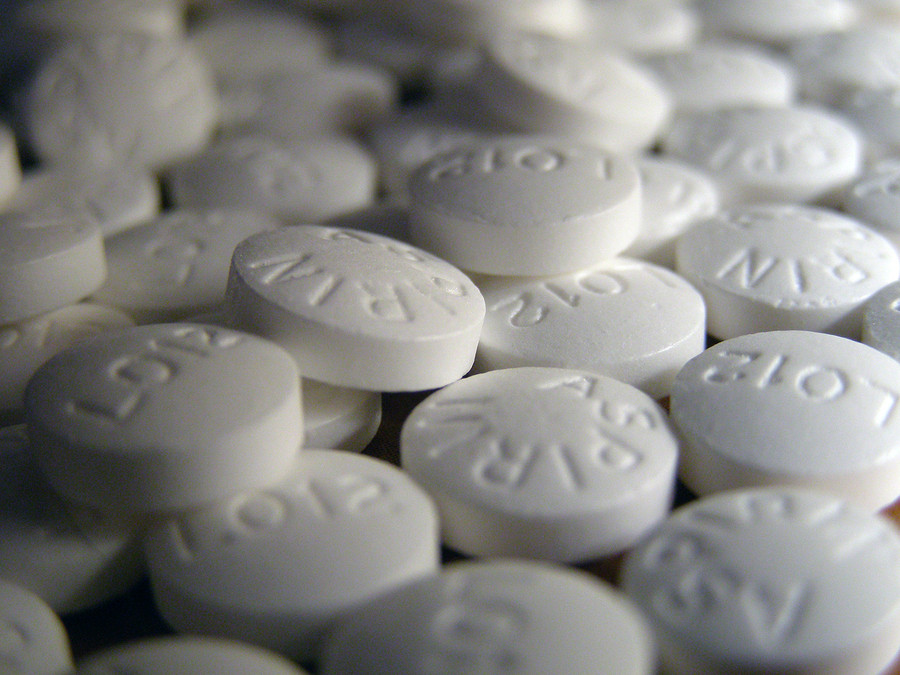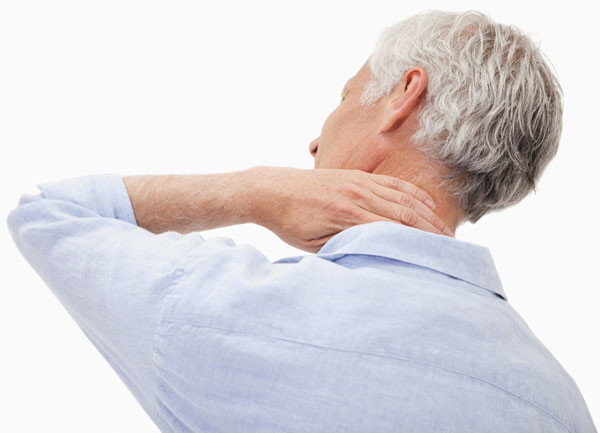
What are somatic workouts?

How to curb your stress eating

How to spot Parkinson’s disease symptoms

8 simple ways to reduce ultra-processed foods in your diet

Heart failure symptoms in women: How they’re different

GERD diet: Foods to avoid to reduce acid reflux

Strong is the new skinny

Everyday habits that sneakily weaken your bones

Don’t wait to get help for back pain

Correcting how you walk may ease osteoarthritis knee pain
Staying Healthy Archive
Articles
Uncover the hidden sugar in your foods
Dr. Terry Schraeder and Uma Naidoo, MD, instructor in psychiatry at Harvard Medical School and a professional chef, discuss the significant amount of hidden sugar in everyday food and drinks.
How to stay motivated
Want to make a change but wondering how to stay motivated? Dr. Srini Pillay talks about the things that can impact personal motivation and the power of a sense of meaning to help you stick with your goals.
Tips for getting more energy
If you find yourself in a slump, Dr. Beth Frates shares what may be draining you and offers tips for getting more energy.
How to keep your brain healthy through exercise
Exercise helps keep the brain healthy by improving memory and problem solving, and may even reduce the risk of dementia. Dr. Alvaro Pascual-Leone advocates regular exercise as a treatment for all people and explains more about the benefits for the brain.
Should you take “senior” multivitamins?
There is little scientific proof that multivitamins or special “senior” vitamin formulas helps you live longer, feel better, or avoid disease. Spending money on fresh fruits and vegetables is a wiser and healthier investment.
Back to school
Taking a class to explore a subject or learn a new skill may increase cognitive ability and slow mental aging.
Image: Monkey Business Images/Thinkstock
Active aging involves more than moving your body. You also need to move your brain. "When you exercise, you engage your muscles to help improve overall health," says Dr. Ipsit Vahia, director of geriatric outpatient services for Harvard-affiliated McLean Hospital. "The same concept applies to the brain. You need to exercise it with new challenges to keep it healthy."
A fun way to do this is to sharpen your No. 2 pencils and go back to school. "New brain cell growth can happen even late into adulthood," says Dr. Vahia. "The process of learning and acquiring new information and experiences, like through structured classes, can stimulate that process."
Turn away from neck pain
Poor lifestyle habits can trigger chronic neck pain that impedes daily activities and raises your risk of serious health issues.
Muscle strains caused by poor posture and sleeping positions often trigger neck pain.
Image: wavebreakmedia/Thinkstock
Neck pain is a nagging ailment that affects everyone at some time. In fact, approximately 80% of people experience neck pain during their lifetime, and 20% to 50% deal with it annually, according to Dr. Frank Pedlow, an orthopedic spine surgeon at Harvard-affiliated Massachusetts General Hospital.
Drink more water to cut calories, fat, and sugar?
Increasing daily water intake by one, two, or three cups daily can help reduce total calorie intake and lower a person’s intake of saturated fat, sugar, sodium, and cholesterol.

What are somatic workouts?

How to curb your stress eating

How to spot Parkinson’s disease symptoms

8 simple ways to reduce ultra-processed foods in your diet

Heart failure symptoms in women: How they’re different

GERD diet: Foods to avoid to reduce acid reflux

Strong is the new skinny

Everyday habits that sneakily weaken your bones

Don’t wait to get help for back pain

Correcting how you walk may ease osteoarthritis knee pain
Free Healthbeat Signup
Get the latest in health news delivered to your inbox!
Sign Up








